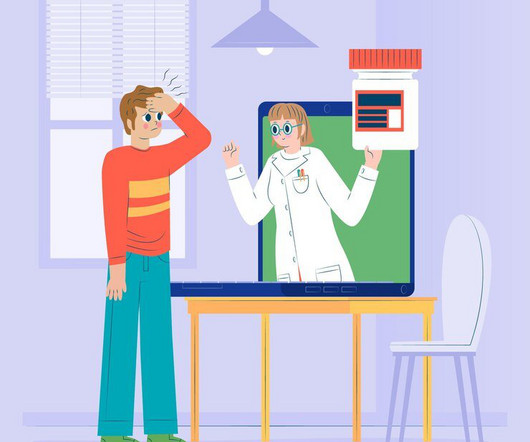Need to See a Doctor Fast? Here’s How Urgent Care Could Save Your Day
Plum Health
SEPTEMBER 20, 2024
We'll also touch on women’s health , mental health , and how to get the most out of your visit. I once had a patient with an asthma attack come into urgent care. Many urgent care clinics now offer mental health services , including medication management for anxiety and depression, or help during a panic attack.












Let's personalize your content